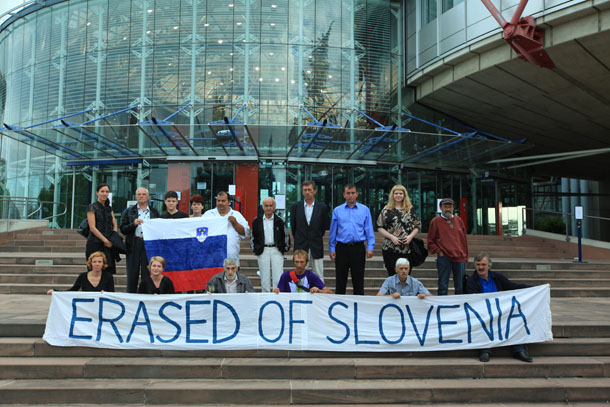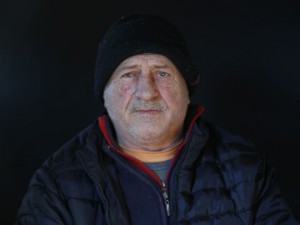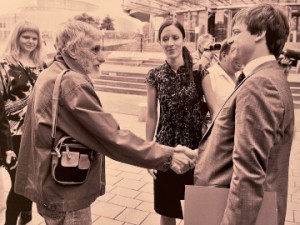‘Status Revoked: Slovenia’s ‘Erased’ Recall Long Struggle for Justice’
26. 2. 2021 | Human Rights and Minorities, Politics

Balkan Transitional Justice published an article about 25,671 citizens of former Yugoslav countries that Slovenia – after declaring independence from Yugoslavia and changing its legislation – deleted without warning from its register of permanent residents on February 26, 1992.
From the article:
“The erasure happened soon after the dissolution of Yugoslavia and at the time when the bloody wars had just started on the territories of its successor states,” Vlasta Jalusic, a founding member and current senior research fellow at the Peace Institut, a Ljubljana-based NGO, told BIRN.
Slovenia’s path to independence was the least bloody. The war for independence lasted only ten days, from June 27 until July 7, 1991. But there was nationalist intolerance towards other peoples – non-Slovenians, “Balkan people” or “Southerners”.
That is why many observers believe that the 1992 ‘erasure’ was not a mere administrative error but a systematic and deliberate removal of what was seen as an ‘undesirable’ part of the population.
“While this could not be proven from the very beginning… the case of the erased clearly shows elements of a systematic act and elements of targeting an identifiable – although not homogeneous – a group of ethnic non-Slovenes,” said Jalusic, who working on the issue in 2000.
Jalusic recalled that back in the 1980s, “the Slovenian political elite endorsed anti-Balkan and pro-Western state mythologies” which were reaffirmed by Slovenian politicians in the 1990s.
She said that what then started to emerge was “a state foundation myth about a kind of absolute collective innocence of the nation: Slovenes have never oppressed anyone and never did any wrong to anyone; moreover, throughout history, they were the victim of foreign peoples, totalitarian regimes, and so on”.
This established the belief that the new Slovenian state was free of responsibility for any past injustice, that those who created it were “innocent and untouchable”, and that “evil things” could only have happened in the other former Yugoslav states during their wars, she argued.
When the Peace Institute started to research the 1992 ‘erasure’, conducting interviews with people who had been affected by it, Jalusic said she realised “how grave the violations were” and “the scale of the crime itself”, in terms of how many people were affected and how seriously.
“They disappeared as people which made them non-existent in law and society. As we know, their documents were destroyed, they were forced to try to get documents from the places they had never lived in, they lost jobs, apartments, friends and sometimes family and loved ones, they might have lost their lives when deported to places where war was ongoing,” she explained.




